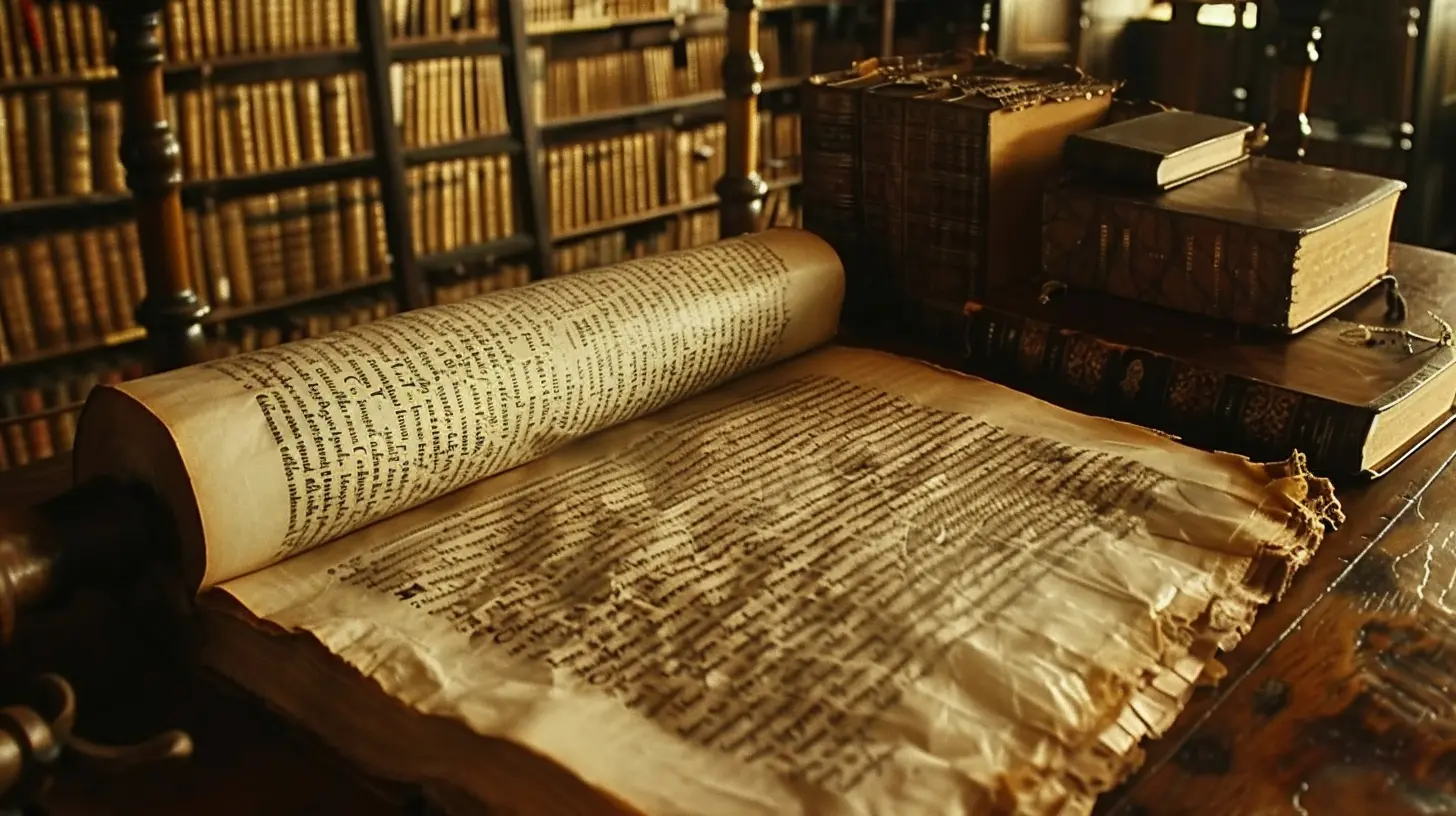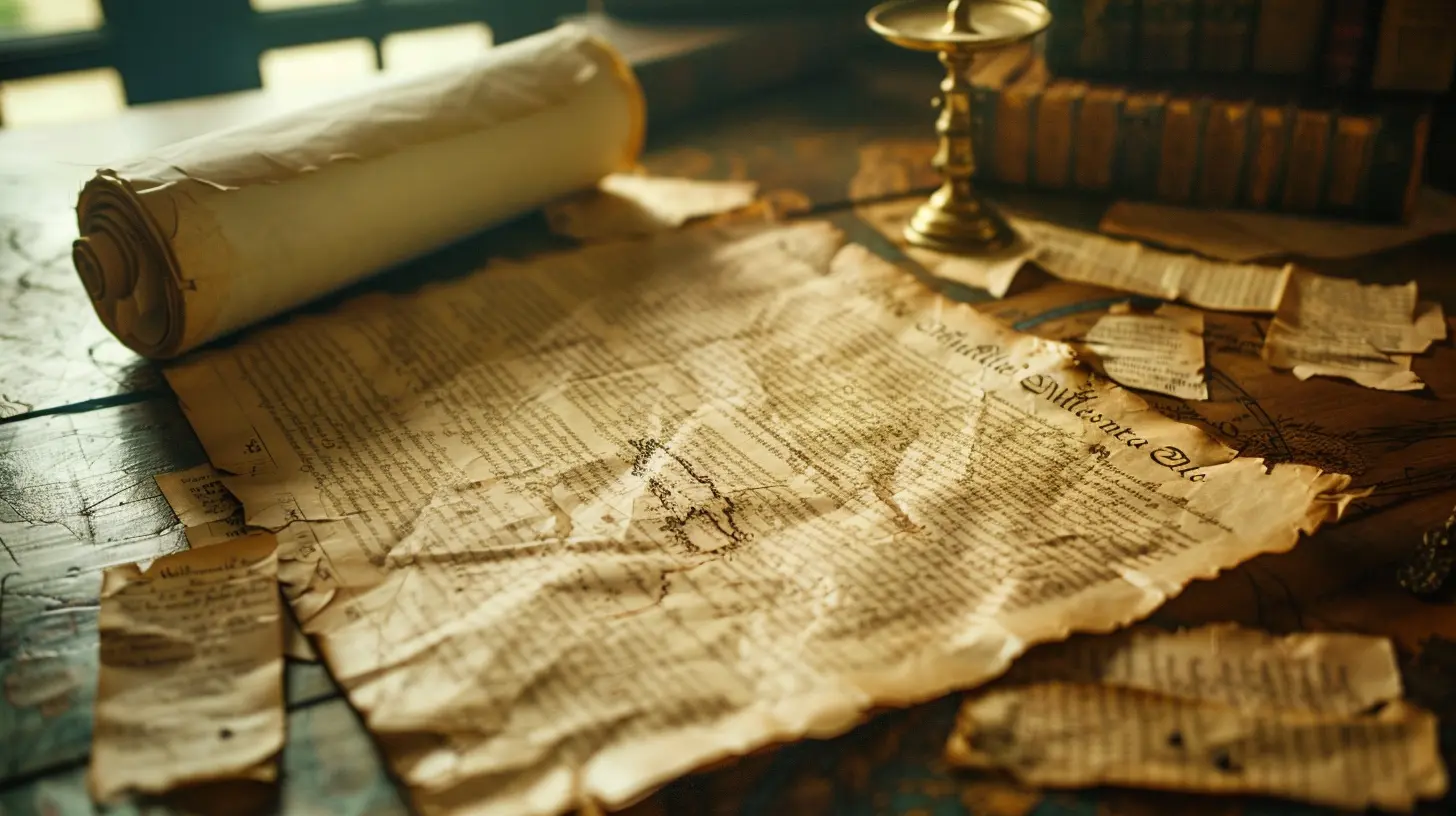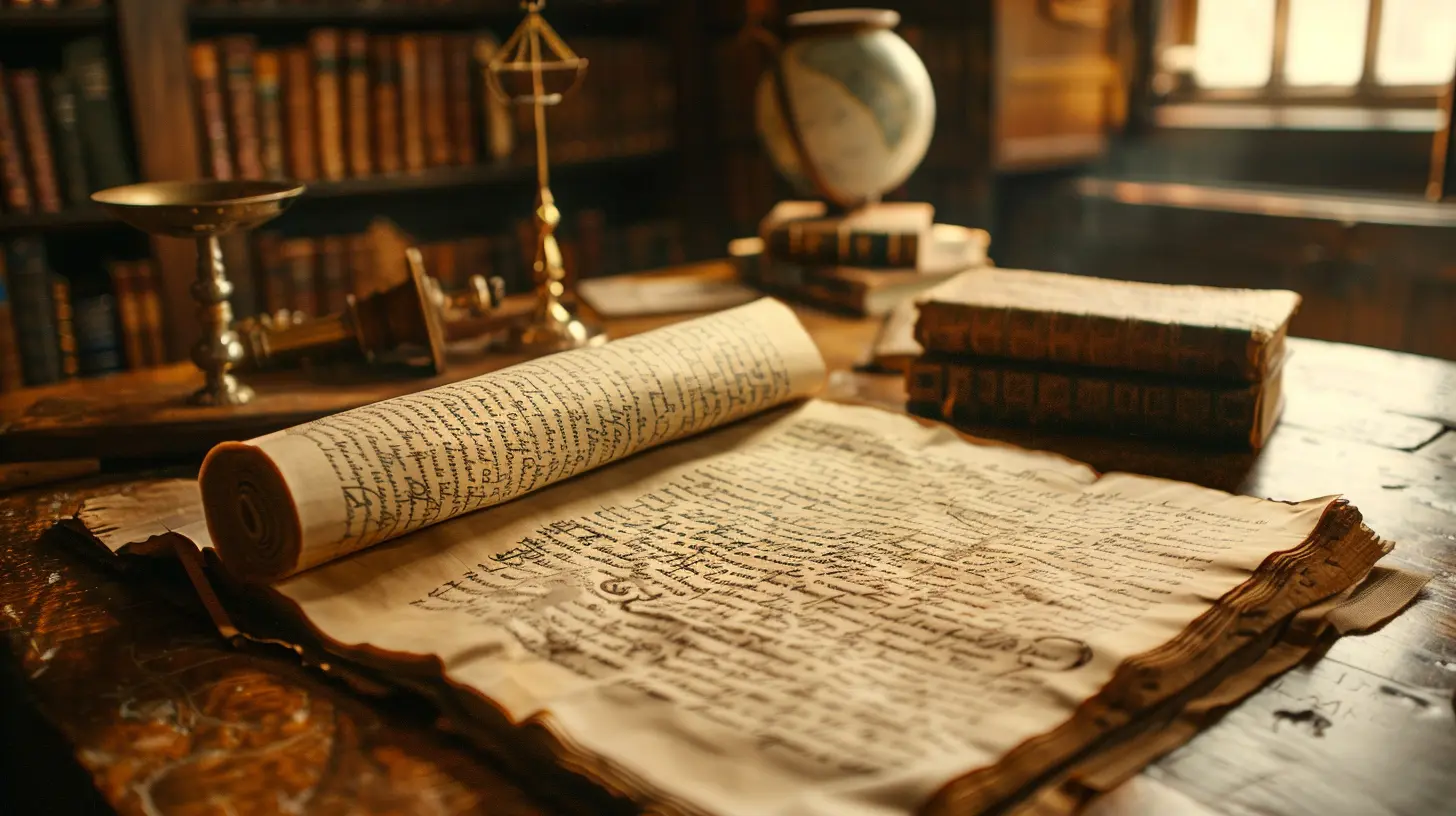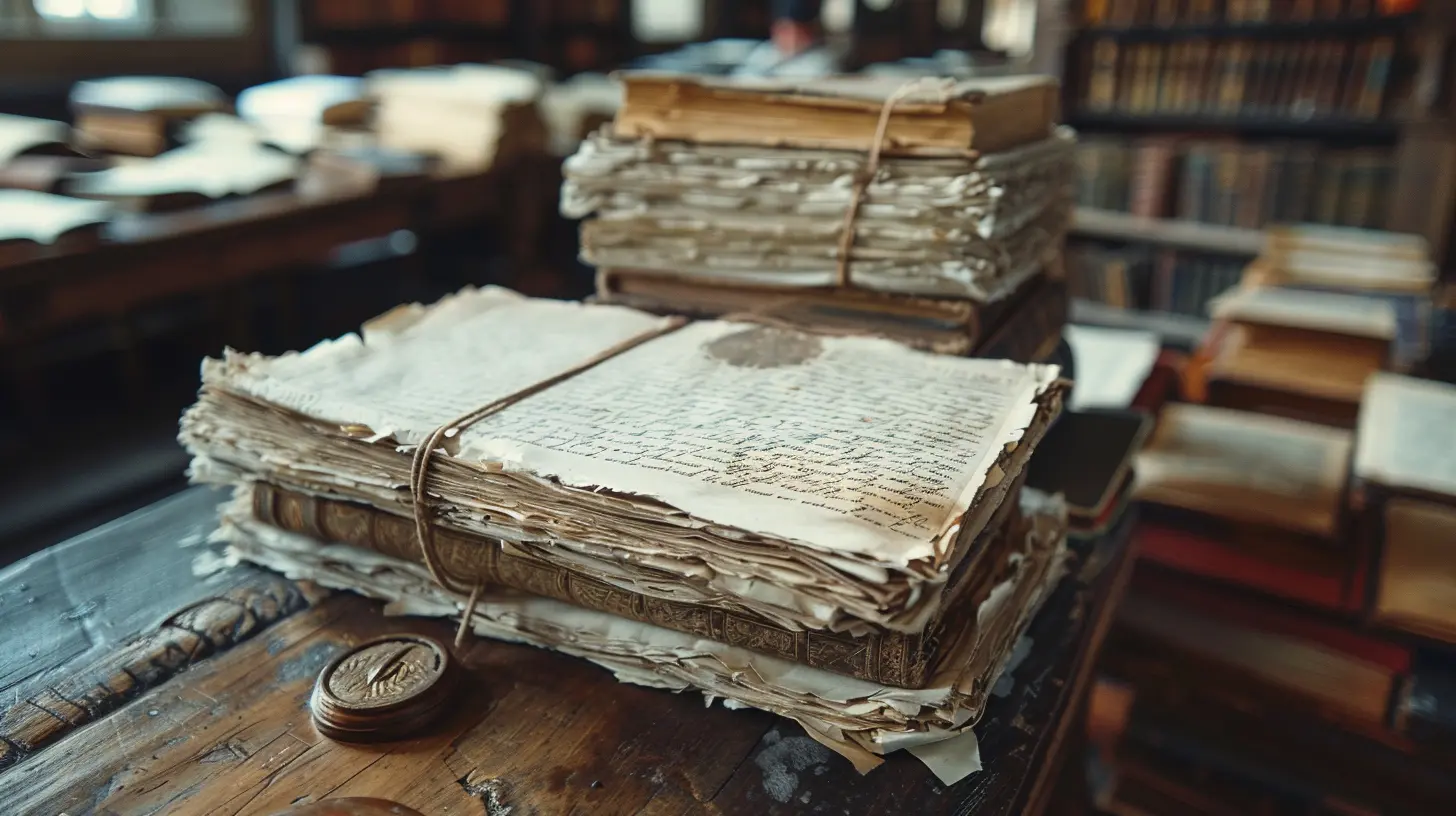The Importance of the Magna Carta in Shaping Rights
30 August 2025
Let’s take a trip back in time—more specifically, to the year 1215. Picture a frustrated group of English barons, a king who loved power way too much, and a country on the verge of rebellion. What came out of that chaos? A document that has echoed through history with profound influence—yep, we're talking about the Magna Carta.
Now, if you’re thinking, “Why should I care about some dusty old charter from the Middle Ages?”—stick around. Because what happened more than 800 years ago directly planted the seeds of the civil liberties many of us enjoy today. From the right to a fair trial to limits on government power, the Magna Carta changed the game. Let’s unpack how.
What Is the Magna Carta, Anyway?
The Magna Carta, Latin for “Great Charter,” was born in 1215 when King John of England (yes, the same one from all those Robin Hood stories) was forced by rebellious barons to put his seal on a document that limited his powers. This wasn’t just a royal slap on the wrist—it was a bold declaration that even the king wasn’t above the law.You could say it was an early version of checks and balances. It outlined 63 clauses that mainly dealt with feudal rights and court access. While most of them no longer apply, a few key principles carved into this old parchment have since become cornerstones of modern constitutional law.
Why Was It Created?
Let’s be real—King John was not a fan favorite. He raised taxes like it was a hobby and made enemies faster than he made decisions. With wars in France draining resources and nobles fed up with his power grabs, a rebellion was brewing. The barons got together and said, “Enough is enough.”So, to prevent civil war, they cornered John at Runnymede and made him agree to the Magna Carta. It was less about lofty ideals and more about protecting their rights and property—but the impact reached much further.
Key Principles That Still Matter Today
You’d be surprised how many rights we take for granted today that have roots in the Magna Carta. Here are some of the big ones:1. Rule of Law
Sounds basic, right? But the idea that everyone—including kings and presidents—must follow the law? That was revolutionary at the time.Before this charter, monarchs ruled with absolute power. After Magna Carta? Not so much. It set the precedent that government officials couldn’t just do whatever they wanted.
2. Due Process
Do you think it’s unfair to be thrown in jail without a trial? So did the people back then. Clause 39 of the Magna Carta famously declared:> “No free man shall be seized or imprisoned… except by the lawful judgment of his equals or by the law of the land.”
That's basically the ancient version of a fair trial. Sound familiar? It's the bedrock of legal systems in democratic nations today.
3. Habeas Corpus
Ever heard of habeas corpus? It means you can’t be held in prison unlawfully. That’s a legal protection that took inspiration from the Magna Carta. If you’re arrested, you have the right to be brought before a judge to see if your detention is even legal.That’s a massive deal. Just think about how many countries have modeled this principle in their justice systems.
Magna Carta’s Global Impact
Sure, the Magna Carta was written in England, but its influence stretched way beyond the English Channel.The United States Constitution & Bill of Rights
When America’s Founding Fathers were drafting the Constitution, guess what document they studied? Yup—the Magna Carta.The Fifth Amendment, which protects against self-incrimination and guarantees due process? That’s Magna Carta DNA. The principle of checks and balances? Another nod to limiting centralized power, just like the barons did with King John.
Universal Declaration of Human Rights
Jump ahead to 1948. The world was reeling from World War II, and human rights were a hot topic. Many of the foundational ideas that made it into the United Nations’ Universal Declaration of Human Rights—fair trials, personal liberty, and protection against arbitrary arrest—draw inspiration from the Magna Carta.Misconceptions About the Magna Carta
Let’s bust some myths, shall we?“It created democracy!”
Well, not quite. The Magna Carta didn’t set up a democratic system where everyone could vote. It was originally made to protect the interests of feudal barons. But over the centuries, its principles evolved and were adopted to build democratic frameworks.“It’s a single, unchanging document.”
Nope! There were multiple versions and reissues. The original 1215 charter was actually annulled within a few months. Later versions, especially the 1297 version, became part of English statutory law.Still, the spirit of the original lives on.
The Magna Carta in Modern Times
Believe it or not, the Magna Carta is still referenced in courtrooms and political debates. In fact:- In the UK, it's cited in discussions about protecting civil liberties.
- In the US, Supreme Court justices have referenced it while interpreting constitutional rights.
- Pro-democracy movements around the world often mention the Magna Carta as a symbol of fighting tyranny.
In other words, it’s not gathering dust—it’s still shaping the narrative around freedom and justice.
How the Magna Carta Shapes Today’s Rights
Let’s break down how this medieval manuscript influences your life today without you even realizing it.Your Right to a Fair Trial
Going to court and having a judge hear your side? That’s Magna Carta legacy.Protection From Unlawful Imprisonment
Ever heard of Miranda rights in the U.S.? You have the right to remain silent and have an attorney—thanks in part to the idea that no one can be detained without fair cause.Limiting Government Overreach
Watchdog organizations and whistleblowers? Their right to challenge authority has roots in the principle that rulers must operate within the framework of the law.Why It Still Matters—Especially for Students
If you’re a student learning about political systems, human rights, or constitutional law, understanding the Magna Carta is foundational. It’s not just a history lesson—it’s the behind-the-scenes origin story of modern liberty.Think about it: Would the Bill of Rights or the concept of judicial independence exist without it? Possibly not. It’s like the blueprint for every democratic right that’s come since.
Final Thoughts: A Big Deal Made Out of Parchment
So, next time someone mentions the Magna Carta, don’t roll your eyes and think of it as some boring historical relic. It's the OG of civil rights—a document that, despite being written with quills and ink, laid the groundwork for the freedoms and protections we lean on today.It’s proof that even in an age of kings and castles, people pushed back, demanded accountability, and made history. And the best part? We're still living in the ripple effects of that bold move.
Quick Recap
- 📜 The Magna Carta was signed in 1215 to limit the power of the English king.- ⚖️ It introduced principles like the rule of law, due process, and Habeas Corpus.
- 🌍 Its influence spread worldwide—shaping the U.S. Constitution, the Universal Declaration of Human Rights, and modern legal systems.
- 🤔 It continues to be a symbol and legal reference point for justice and civil liberties today.
So yeah, it’s kind of a big deal.
all images in this post were generated using AI tools
Category:
History LessonsAuthor:

Zoe McKay
Discussion
rate this article
1 comments
Sabina Lawrence
Great article! It's fascinating how the Magna Carta laid the foundation for so many rights we cherish today. It’s amazing to think that a document from 1215 can still resonate and influence our ideas of justice and freedom!
September 17, 2025 at 11:45 AM

Zoe McKay
Thank you! I'm glad you found the article insightful. The Magna Carta's enduring impact on justice and freedom truly highlights its significance in our history.


